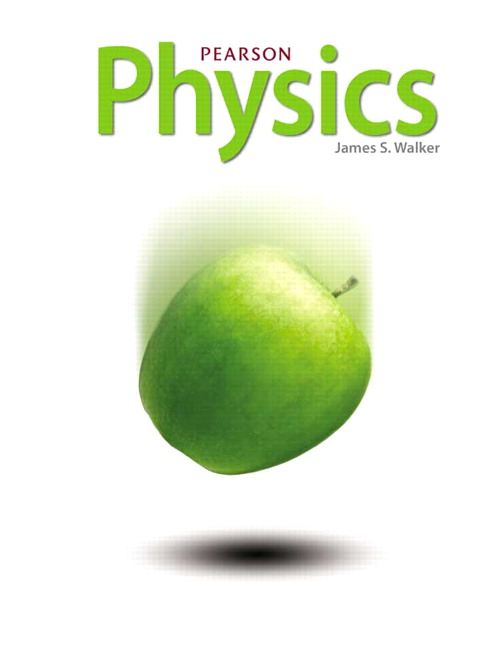
All Solutions
Page 890: Practice Problems
$$
begin{gather}
r_{n} = (5.29 times 10^{-11} text{ m}) times n^2
end{gather}
$$
Using Eq (1), we can solve for n, such that:
$$
begin{align*}
n &= sqrt{dfrac{1.90 times 10^{-9} text{ m}}{5.29 times 10^{-11} text{ m}}} \
&= 6
end{align*}
$$
Hence, the Bohr orbit that has a radius of $1.90 times 10^{-9}$ m is $boxed{text{n = 6}}$
$$
r_n = (5.29times10^{-11}text{ m})n^2.
$$
This yields
$$
n=sqrt{frac{r_n}{5.29times10^{-11}}}=sqrt{36}=6
$$
so this is sixth Bohr’s orbit of radius $r_n=r_6.$
$r_{n1} = 9.5 times 10^{-10}$ m
$r_{n2} = 1.7 times 10^{-9}$ m
$textbf{Find:}$ $r_n$ such that:
$$
begin{gather}
r_{n1} < r_n < r_{n2}
end{gather}
$$
To be able to compute for the n-orbit Bohr radius ($r_n$), we use the formula:
$$
begin{gather}
r_{n} = (5.29 times 10^{-11} text{ m}) times n^2
end{gather}
$$
Deriving Eq (2), we can solve for $n_1$ and $n_2$, such that:
$$
begin{align*}
n_1 &= sqrt{dfrac{9.5 times 10^{-10} text{ m}}{5.29 times 10^{-11} text{ m}}} \
&= 4 approx 4 \
n_2 &= sqrt{dfrac{1.7 times 10^{-9} text{ m}}{5.29 times 10^{-11} text{ m}}} \
&= 5.67 approx 6
end{align*}
$$
Applying the relationship (1), we have:
$4 < n < 6$
Hence, the Bohr orbit that lies in this range is $boxed{text{n = 5}}$
textbf{n = 5}
$$
$$
9.5times 10^{-10}text{ m}<r_n<1.7times 10^{-9}text{ m}.
$$
Dividing this by
$$
5.29times 10^{-11}text{ m}
$$
we get
$$
18<n^2<32.
$$
The only natural number satisfying this is $n=5$ yielding
$$
r_5=(5.29times10^{-11}text{ m})times 25 = 1.32times 10^{-9}text{ m}.
$$
Haven't found what you were looking for?
Search for samples, answers to your questions and flashcards

